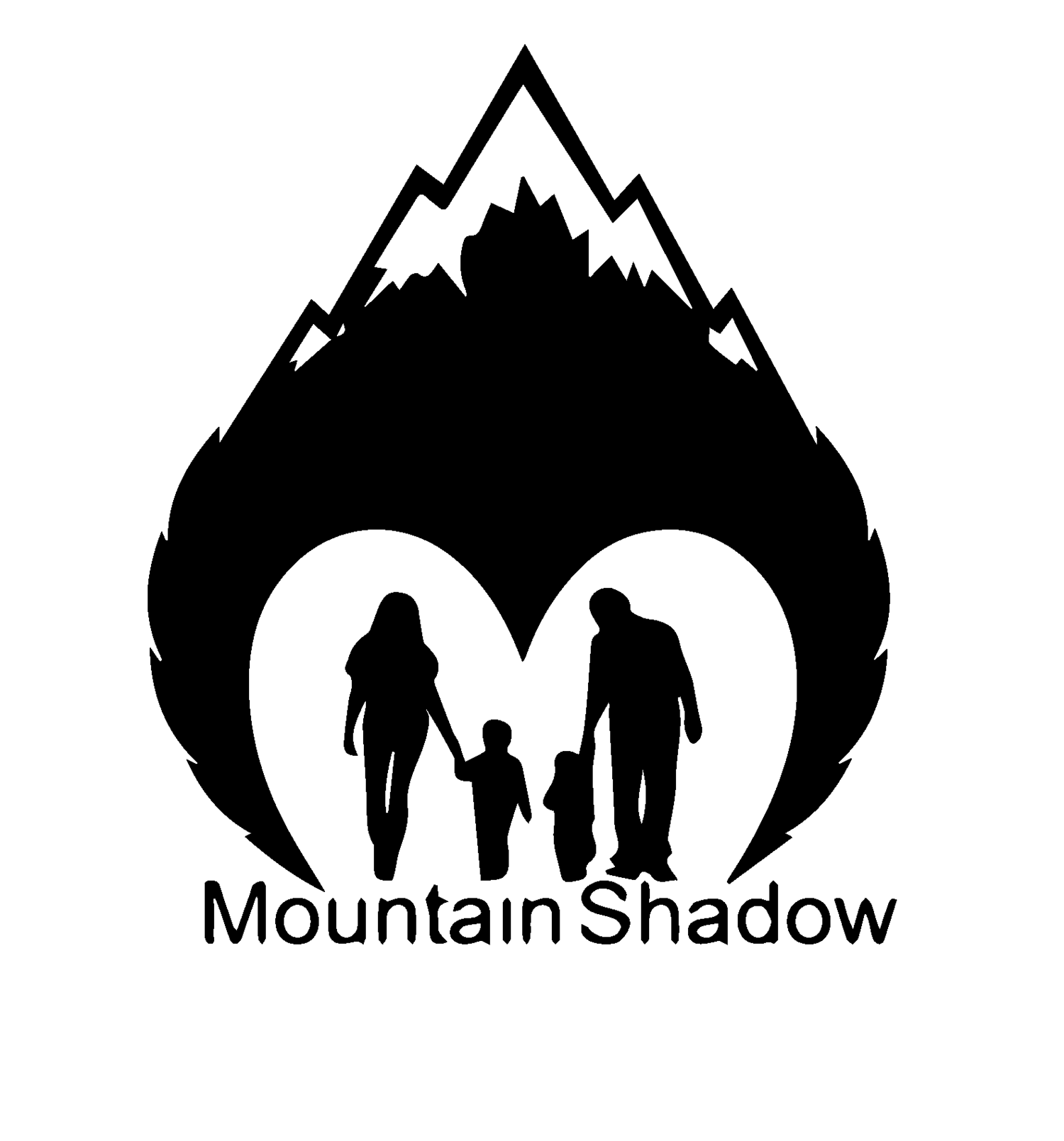
Mountain Shadow Association (MSA) is a community-based, Native-American non-profit focused on repairing and restoring relationships between children and their parents, citizens and their community, families and their culture, individuals and their environment.
A new generation of young Apsáalooke leaders is facing the daunting task of restoring hope, health, engagement, and pride in community, while addressing poverty, economic deprivation, drug use and abuse, and an overwhelming sense of powerlessness. MSA came together as a non-profit to support these citizen leaders in our shared vision to restore Lodge Grass to its former reputation as The Valley of the Chiefs – a place where leaders are not just born, but raised.
A brief look at Lodge Grass statistics demonstrates the extent of the challenge before us. In Lodge Grass, residents are younger and earn less than half their counterparts across Montana. Most are American Indian (89%), living in homes with children (84%); many (37%) are parenting alone, sending their children to one of the lowest-ranked schools in Montana. Most (88%) of the area newborns are born to single mothers (22% of whom are teenagers) and half are raised by their grandparents. These children grow up in a place of pronounced scarcity and geographic isolation characterized by poverty (68% < FPL), inadequate infrastructure, and an increasingly dilapidated built environment. More than 60% of residents over the age of 14 are experiencing drug or alcohol addiction and 70% of county victim assistance cases are children experiencing sexual assault. An alarmingly high prevalence of adverse childhood experiences results in sadly predictable rates of health disparities, addiction and early death. These statistics are the legacy of generations of policies of depravity that have impacted the Original Peoples of North and South America. However, the stabilizing pillars of culture also abound in Lodge Grass; faith and family have kindled a strong and growing passion for community transformation.
Beginning in 2017, six married couples and a few single friends determined it was time to take action for change. For 18 months, through the support of a planning grant from Raising Places Robert Wood Johnson Foundation, community members gathered monthly to discuss the issues facing the town and design a strategic plan that was deliberate and hope-filled. Language from the working documents of that effort highlights the mission of the team:
“When a town reaches the place we are now, it becomes crystal clear that turning things around will only happen through an intense amount of united action. We recognize that our power to accomplish our vision lies in empowering EVERY person. Only when we establish the worth of each individual in our community and act upon our belief in their potential, can we rise against the forces that say we are insignificant. We have recognized that this is not the way we were made to live. We deserve dignity and we will gain it by acting courageously together in spite of the fact that our current environment fails to assert our beauty.”
Through the Raising Places family-centered design process, community residents were able to complete a comprehensive evaluation of the community’s needs, and design an organized plan to address the challenges we face, while focusing on making Lodge Grass a place where children and families thrive. We plan to create a healthy ecosystem on all levels so our projects overlap and focus on multi-system approaches to health. We see that everything is connected - physically, mentally, spiritually, metaphysically, across systems and environments. We know we need to work toward healing in ways that acknowledge and honor this.
Our first steps focused on creating a united vision, cleaning up our environment, taking stock of our assets, sparking and growing hope, and increasing safety factors for children. After these, our next steps, congruent with the City Growth Plan, were to begin looking at strengthening our foundations in terms of infrastructure and community. A portion of the Raising Places group took on the work of a feasibility study for a community-based family healing center, and another portion began working on growing small businesses and meaningful, purpose-driven employment opportunities. In both efforts, we saw the importance of establishing a culture of honor and relationship among our people. While we are 100% invested in believing in each individual’s potential and building on the many assets we have, the daily life events in our community pointed out our need to find a way to deal with wrongs that continued to hinder our growth. We researched Indigenous restorative practices and decided restorative justice was in line with our values and our goals as a community. Through restorative justice, we now seek to address our problems in a way that supports our vision of restored vitality rather than punishes and separates individuals from their community supports.
Check out our earliest work here: https://raisingplaces.org/www.raisingplaces.org/community/aashbacheeitche.html
